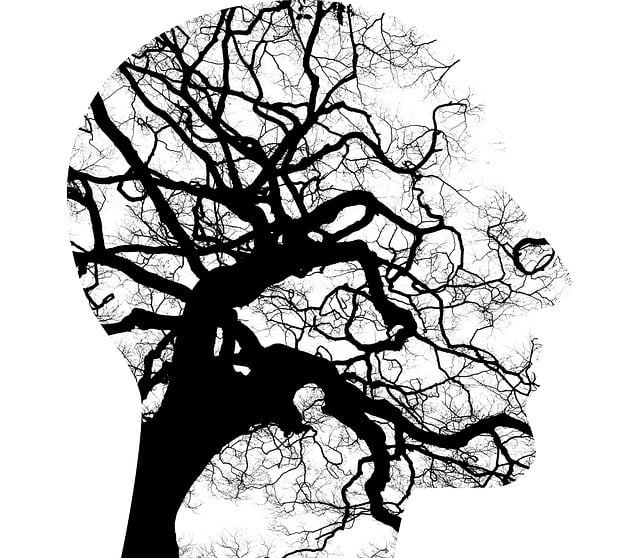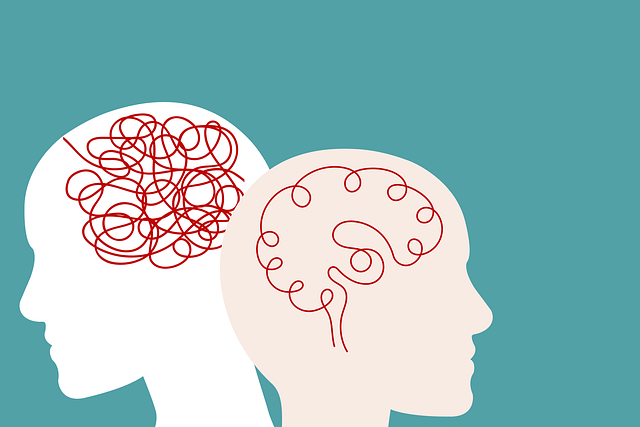In Denver, mastering data collection through standardized forms and digital platforms is crucial for therapists providing personalized therapy services. Advanced techniques like machine learning and artificial intelligence (AI) are transforming mental health care by enabling precise interpretation of patient outcomes and predicting treatment responses. A holistic approach combining quantitative data with qualitative feedback enhances emotional healing journeys. Implementing these insights improves therapy practices, leading to better client outcomes, stronger therapist-patient relationships, targeted interventions for anxiety and mood management, proactive depression prevention, and compassionate navigation of complex cases.
Mental health data analysis is a powerful tool in understanding patient outcomes and guiding clinical decision-making. This article explores the process of interpreting mental health data, from essential collection and preparation to advanced statistical techniques. We delve into practical applications, focusing on how therapists and clinicians in Denver can implement these insights to enhance their practice, ultimately improving patient care and outcomes in local therapy settings.
- Understanding Mental Health Data: Essential Collection and Preparation
- Advanced Techniques for Interpreting Clinical Outcomes
- Implementing Insights: Enhancing Denver Therapy Practices for Therapists-Clinicians
Understanding Mental Health Data: Essential Collection and Preparation

Understanding Mental Health Data is a pivotal step for therapists and clinicians offering Denver therapy services. Effective analysis begins with meticulous data collection, ensuring all relevant information is captured, from client demographics to detailed notes on symptoms, treatment goals, and progress. This process involves standardizing data entry, utilizing structured forms or digital platforms to maintain consistency and accuracy. Proper preparation includes organizing the data in a way that facilitates easy comparison and identification of patterns.
By employing effective collection and preparation methods, therapists can gain valuable insights into their clients’ mental health journeys. This enables them to tailor Empathy Building Strategies, Self-Esteem Improvement techniques, and Stress Reduction Methods, ultimately enhancing the therapeutic experience for both therapist and client.
Advanced Techniques for Interpreting Clinical Outcomes

In the realm of mental health data analysis, advanced techniques are empowering Denver therapy for therapists and clinicians to interpret clinical outcomes with unprecedented precision. These methods go beyond traditional statistical analysis, incorporating sophisticated algorithms and machine learning models that can identify intricate patterns within complex datasets. By delving into these innovative approaches, professionals can gain deeper insights into patient progress, enabling them to tailor treatments more effectively. For instance, artificial intelligence (AI) tools can analyze patient narratives, speech patterns, and behavioral data to predict treatment responses and anticipate potential challenges. This level of foresight allows therapists to proactively adjust their strategies, fostering a more dynamic and personalized therapeutic process.
Furthermore, the integration of positive thinking and emotional healing processes is becoming a cornerstone in mental wellness coaching programs development. Advanced interpretation techniques facilitate a nuanced understanding of these subtle yet profound aspects. By combining quantitative data with qualitative feedback, therapists can design interventions that not only address symptoms but also enhance overall mental wellness. This holistic approach, supported by robust analytical methods, ensures that Denver therapy for therapists and clinicians remains at the forefront of mental health care, ultimately benefiting patients seeking support and guidance in their emotional healing journeys.
Implementing Insights: Enhancing Denver Therapy Practices for Therapists-Clinicians

Implementing insights from data analysis can significantly enhance Denver therapy practices for therapists and clinicians. By utilizing advanced techniques to interpret trends and patterns in mental health data, practitioners can tailor their approaches more effectively. This personalized approach not only improves client outcomes but also fosters deeper connections between therapist and patient. For instance, data might reveal specific triggers for anxiety relief or mood management, enabling therapists to design targeted interventions for individuals seeking Denver therapy.
Moreover, understanding the collective impact of various therapeutic methods on client populations can lead to proactive depression prevention strategies. Therapists in Denver can leverage this knowledge to implement evidence-based practices that address emerging issues and promote overall well-being. Through data-driven insights, therapists are better equipped to navigate complex cases, ultimately enhancing their ability to provide compassionate and effective care.
Mental health data analysis is a powerful tool that can significantly benefit Denver therapy practices. By understanding and interpreting clinical outcomes through advanced techniques, therapists and clinicians can enhance their approach to patient care. This article has explored essential collection and preparation of mental health data, provided insights into advanced interpretation methods, and highlighted the practical implementation of these strategies for Denver therapy professionals. Embracing data-driven decisions can revolutionize therapy practices, leading to improved patient outcomes and a more effective therapeutic environment.










